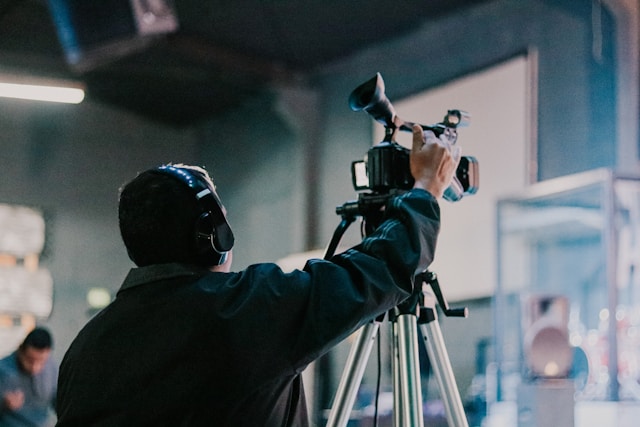Reboots and remakes have become a staple in the entertainment space; it’s considered low hanging fruit for a guaranteed watch in the eyes of media executives, producers, and showrunners. Despite this, reboots and remakes can pose ambiguous legal challenges regarding intellectual property rights and creative ownership. A recent lawsuit brought by Michael Crichton’s estate claims that The Pitt, a new medical drama produced by Warner Bros. Television, is essentially an unlicensed reboot of Crichton’s iconic series ER. According to the complaint, Warner Bros. Television initially explored a formal reboot of ER, but negotiations with the estate fell apart. Soon after, Warner developed The Pitt. The show’s producers include veterans of ER, and even one of its stars, Noah Wyle, returned in a key role. The dispute goes beyond two shows, it raises big questions about how far studios can go when reimagining past hits without creator approval.
Legal Claims & Key Issues
The totality of this dispute likely will entail a few specific legal considerations that can determine the outcome for this lawsuit. U.S. copyright law protects original expression but not general ideas. The question then becomes: is The Pitt simply a medical drama or is it copying protectable elements of ER? Warner Bros. and the producers will likely argue that The Pitt is sufficiently distinct, and that similarities arise from shared genre conventions rather than copying.
Analysis: Legal Thresholds and Precedents
Cases like this often hinge on the difference between an “idea” and an “expression.” A medical drama set in a busy ER is an idea, too broad to be owned by one creator. But specific elements, like characters, storylines, structure, or even tone, can be protected expressions. The courts will likely ask:
- How similar are the plotlines, characters, and structure?
- Does The Pitt borrow protectable elements unique to ER?
- Did Warner Bros. use ER as a blueprint, or did they independently create something new within the same genre?
Contracts matter just as much as copyright. If Crichton’s estate retained approval rights over derivative works, the case could succeed even if The Pitt is not a copyright infringement. That contractual leverage may be the estate’s strongest claim.
Conclusion
In an era of saturated entertainment, it is tempting to create nostalgia driven content in order to capitalize on the success of previously popular content/media. However, while intentions may not be malicious when making this kind of content, estate management and contractual clarity are key things to consider when producing reboots and remakes. In Hollywood, there are increasing numbers of families and heirs of creators enforcing IP rights. With this, studios must anticipate future disputes and clearly define rights around sequels, reboots, and “inspired by” projects.
Entertainment professionals, whether creators, estates, or studios, should watch closely. The ruling could redefine how much control estates have over derivative works and where the legal line lies between inspiration and infringement.
If you have questions about safeguarding your creative works, negotiating entertainment contracts, or navigating the legal complexities of reboots and derivative projects, our entertainment attorneys at Romano Law can help. Contact us today to discuss your rights and protect your legacy.
Contributions to this blog by Anastasia Pedraza.


